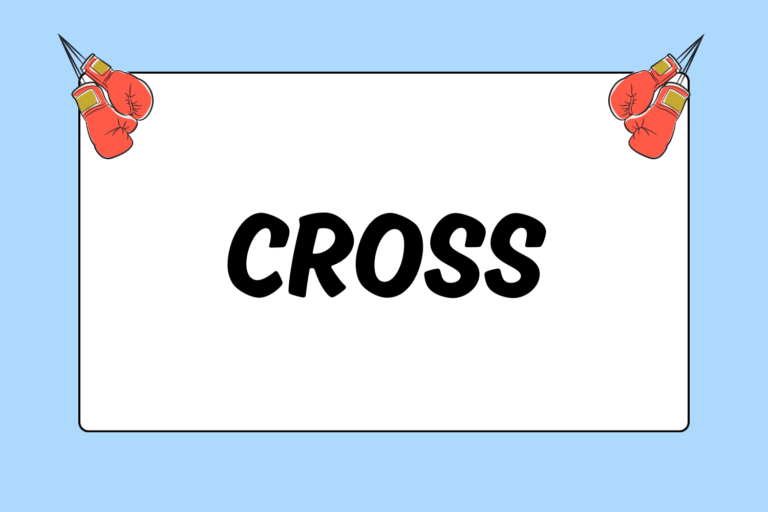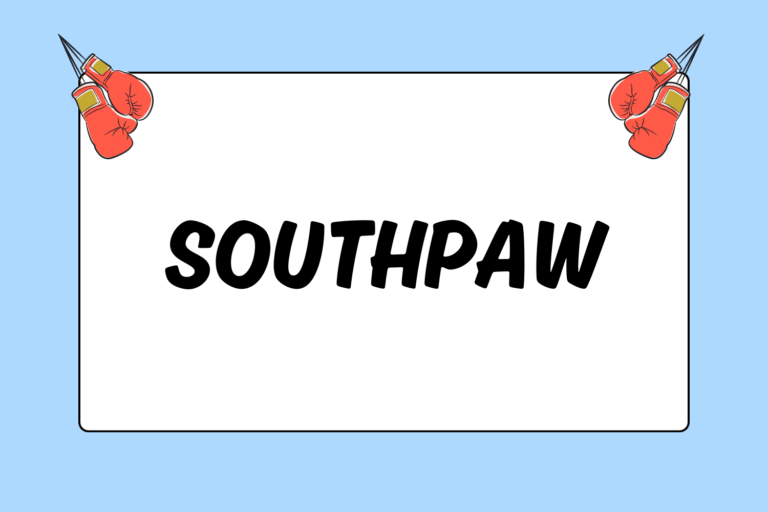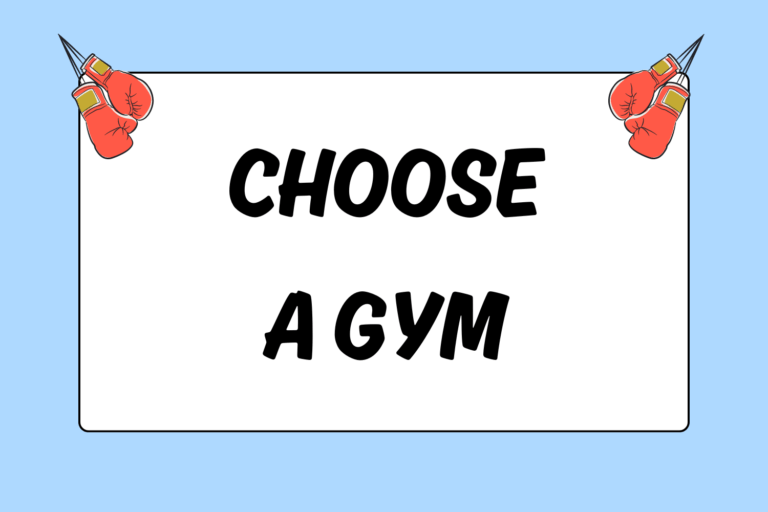While most sports fans perceive boxing as a brutal and violent sport, a 1996 National Safety Council report ranked amateur boxing as the safest contact sport in America. Even so, the risk of injury is always present. This guide discusses one of the more prominent boxing injuries: The concussion. Read on to learn about preventative measures, symptoms, and treatment for head-related injuries.
Preventative Measures
Most spectators only watch professional boxing, and they then automatically assume that amateur boxing is equally violent. However, professional boxing is extremely different than its amateur counterpart.
Here are some general precautions taken in order to make amateur boxing as safe as possible:
- Physicals are performed on amateur boxers before and after bouts.
- Amateurs are required to wear approved headgear.
- Competition gloves weigh 10-12 ounces, as opposed to the lighter gloves worn by professionals. In addition, amateurs’ gloves are not wound as tightly as professionals’ gloves.
- “Novice” boxers (less than 10 bouts) are matched with other novices in their weight class.
- Referees employ when a Standing eight-count when a boxer appears to be stunned. The “stunned” boxer is not penalized when an eight-count occurs; the rule simply tries to protect competitors.
- The referee, ring doctor, cornermen, judges, host, or either boxer can stop the bout at any time.
- Bouts are brief (3 to 4 rounds), making it difficult for boxers to reach a point of utter exhaustion where they’re unable to protect themselves.
Concussion Symptoms
A concussion occurs when impact to the head causes the brain to make contact with the skull. Cerebral fluid usually acts as a buffer in order to prevent such contact from occurring, but very powerful blows sometimes displace the fluid.
Neurocognitive tests measure different functions of the brain. It has become increasingly popular for athletes to take a “baseline” test prior to the athletic season or an upcoming bout. If/when the player is concussed, he takes the same test in order to diagnose the severity. The National Football League (NFL) now gives such tests to their players. Players are not allowed to return to play until post-concussion test results parallel baseline test results.
Some symptoms immediately following a concussion-causing impact include:
- Dizziness
- Nausea
- Brief loss of consciousness
- Confusion
- Lightheadedness
- Slurred speech
- Sensitivity to light
- Headache
- Loss of balance
The aforementioned symptoms are most common, but other symptoms may occur. These symptoms usually last for a short period of time — seconds, minutes, or hours — but severe concussions sometimes cause longer-term effects that last days or weeks. Some of these long-term symptoms include:
- Difficulty sleeping
- Difficulty concentrating
- Headaches
- Continued sensitivity to light
- Quick changes in emotion
It’s always smart to check with a doctor after a head injury. Unfortunately, concussions don’t have a tangible, sure-fire treatment, so rest is essential.
Recovery
The only true way to recover from a concussion is to rest and give your brain enough time to recuperate and heal. In order to do this, you’ll need to stay away from activity for some time, especially activity that involves contact. Most doctors suggest, at minimum, two weeks. For more severe concussions, this period is often extended to a month. Without proper rest and healing time, several consequences may result, such as:
- Increased Susceptibility: If you don’t give your brain sufficient time to recuperate, then it will not fully heal. An unhealed brain cannot function fully, and its overall ability to recover from concussions inevitably decreases.
- Post-Concussion Syndrome (PCS): This syndrome can naturally occur after a serious concussion. The chances of it occurring, though, increase greatly if you choose to return to the ring too soon. The syndrome prolongs the effects of the concussion, including headaches and sensitivity to lights.
Use Your Head
Injuries, however inconvenient, must be given enough time to heal. When injured, you’re more likely to suffer from long-term effects if you continue to play and reinjure the same area. The brain, without a doubt, is one of your greatest assets and should be cared for accordingly.
Don’t let the idea of a concussion scare you away from boxing altogether. Instead, use this information to become more aware, and pay attention to your body after a demanding fight or powerful blow.





